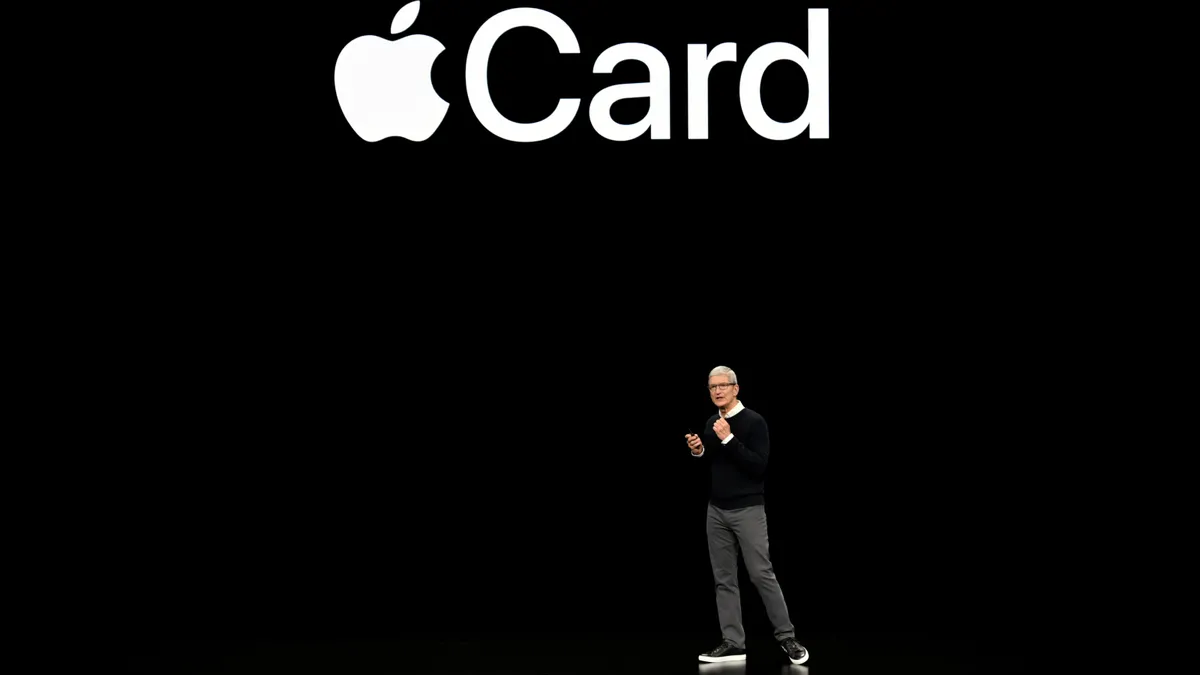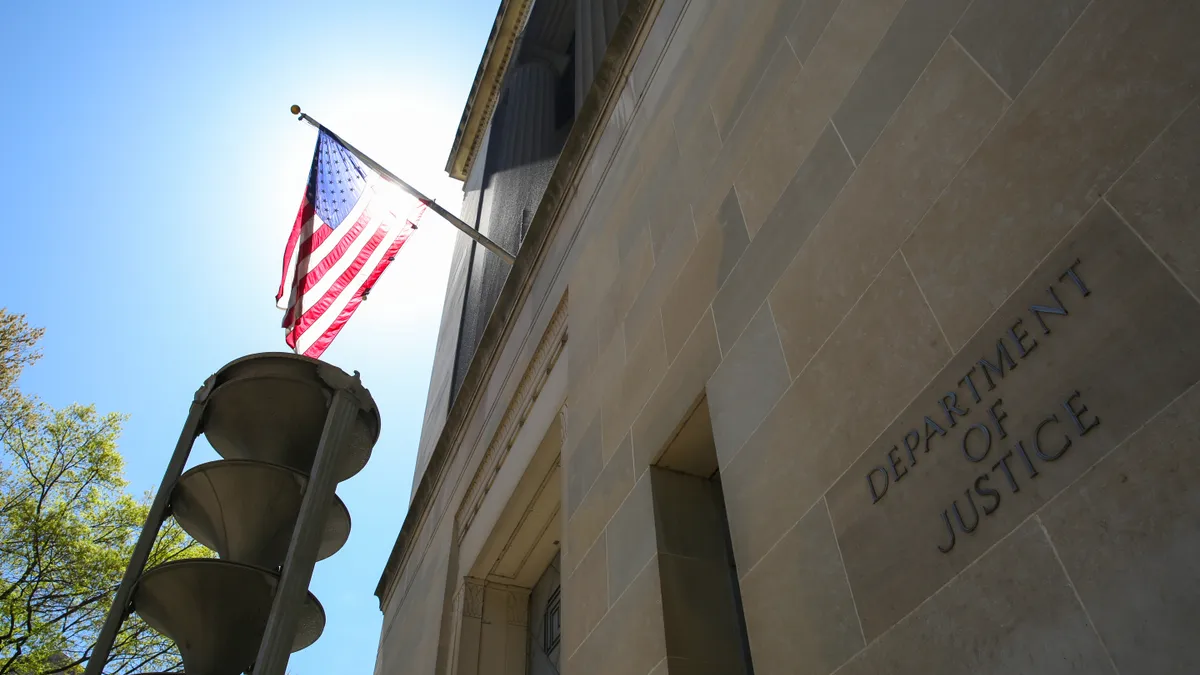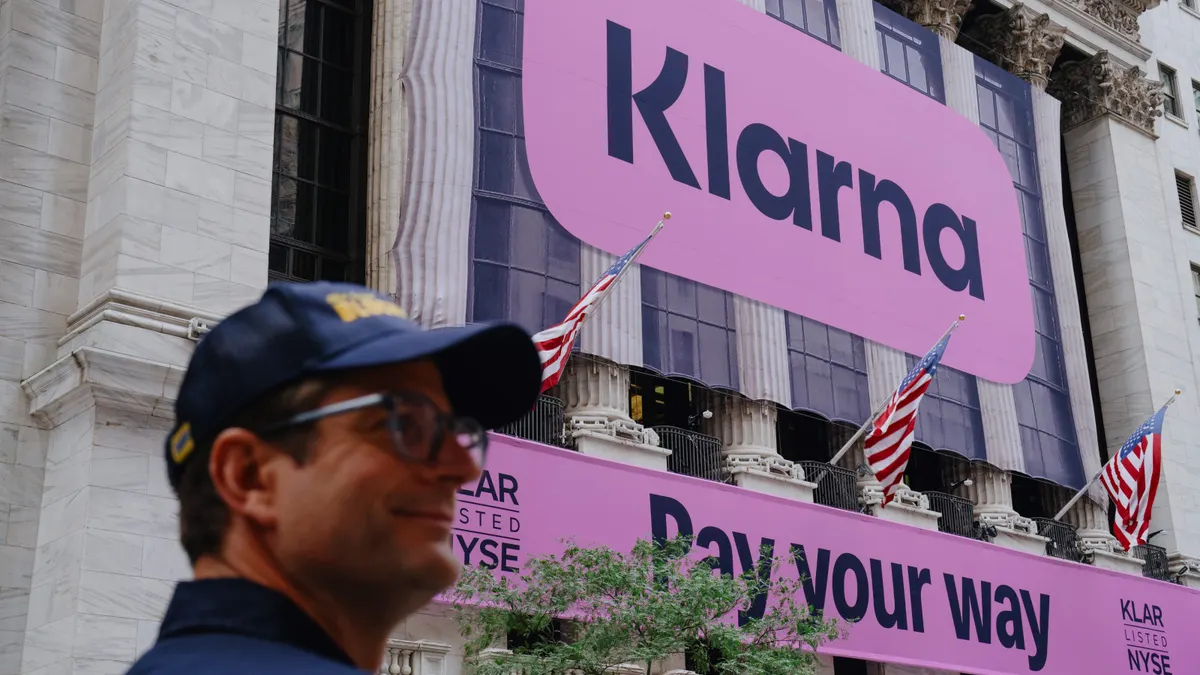Law firms have been carving out a niche in the payments arena for some 20 years, and recently they’ve encountered more rivals angling for a piece of the growing action spurred by fintech disruption.
Law firms that were pioneers in the field, such as Paul Hastings, Alston & Bird and Ballard Spahr, have expanded and deepened their specialization. They’ve also acted as a breeding bin for attorneys in the field and a target for peers angling to poach talent, spurring on specialization by others like Troutman Pepper and Steptoe. Orrick and K&L Gates are also in the ring.
There’s money to be made in meeting the expanding industry’s appetite for lawyers’ counsel on everything from capital fundraising to litigation to regulatory insights, both on the state and federal levels.
The payments sphere has grown as a result of the proliferation of fintech companies, such as Stripe, Marqeta and Klarna, but also with the expanding need of all companies to manage payments differently in the digital era.
When the COVID-19 pandemic struck, forcing consumers and companies to pivot to digital payments, a trend toward payments digitization was supercharged.
Chris Daniel, chair of law firm Paul Hastings’ global fintech and payments group, said the firm’s fintech practice includes lawyers with payments experience reaching back to 1998. Today, 60 lawyers across the firm contribute to the group, incorporating knowledge of bank regulation, transactional work and technology issues, among other expertise, he said.
“To do this well, I think you've got to have all sorts of disciplines,” Daniel said in an interview last month. “And you've got to put that all in one group that operates cross-border because our clients are cross-border.”
Daniel, who is based in Atlanta, learned his craft as an attorney at Alston & Bird in the 1990s, where he was mentored by John Douglas, former general counsel of the Federal Deposit Insurance Corporation, before the two of them left for Paul Hastings in 2007.
Alston & Bird was one of the early players in the payments arena and has continued to have a presence in it. With the firm’s origin in Atlanta, where a pack of payments processors have been based for years in Georgia's Transaction Alley, it makes sense that it would specialize in the area.
Alston declined to make lawyers available for an interview, but provided emailed input from Duncan Douglass, co-leader of Alston & Bird’s payments and fintech group. “When our practice first began, virtually all payments work emanated from traditional financial institutions,” he said. “There were non-bank players — principally third-party service providers that assisted banks with their payments products — but there wasn't nearly the level of non-bank interest in payments and fintech as there is today.”
Changing client demand
To be sure, banks and the traditional payments players remain core to demand for legal advice in the area, but new fintech players are calling on lawyers more frequently too. That’s also true for companies trying to adapt to 21st century payment flow ideas for paying employees and suppliers, collecting from customers and working with new partners.
“There is also much greater interest in payments and fintech from entities whose principal business is not financial services, like retailers, health care providers and insurers, social media companies, and governments,” Alston’s Douglass said.
Alston began a focused payments practice in the early 2000s and today it includes about 30 attorneys that dedicate “all or a very substantial portion of their practice to payments and fintech clients” and associated matters, he said.
That’s about the same number of lawyers that contribute to the fintech and payments solutions group at Ballard Spahr. While Ballard long had a banking and consumer finance bent, it wasn’t until 2018 that it created the fintech and payments group to follow the direction its clients had been moving for a decade, beyond banks and card networks.
“Now, you have PayPal, you have Square, and you have all of these different fintechs that are providing payment solutions, but there's really been a whole industry separate from banks that has evolved,” said Ronald Vaske, who co-leads the Ballard group.
Troutman lands more lawyers
Ballard’s growth in the area attracted the attention of another law firm eager to expand in the sector. In 2022, Troutman Pepper nabbed a seven-attorney group with payments expertise from Ballard, similarly taking its cue from clients.
Innovators in financial services were asking Troutman to interpret state money transmitter laws, Regulation E regarding electronic fund transfers and the Credit Card Accountability Responsibility and Disclosure Act, among other laws and regulations, as they pursued new strategies, said Keith Barnett, a partner at Troutman in Atlanta. Those strategies included buy now, pay later and earned wage access.
“Clients were starting to ask us to do more and more innovative things,” Barnett explained in an interview last week. “The next thing you know, we're representing the same clients not only in the boardroom, but we're representing them in the courtroom and also before the regulators.”
Snatching lawyers from Ballard gave Troutman an assist. “It was a big shot in the arm, two years ago now, when that group of my partners from Ballard Spahr came over with their expertise,” Barnett said. “We all just came together and built up this practice even more.”
Last year, Troutman created a payments podcast that was an offshoot from an earlier podcast focused on cryptocurrencies.
Steptoe makes a move
Along those same lines, the law firm Steptoe expanded its payments practice last week when it added Stephen Aschettino, who held payments or fintech leadership roles at four prior law firms. Steptoe’s Chair Gwen Renigar attributed the move to digital transformation and the evolution of payments technology in a Jan. 18 press release.
“Steptoe is strategically building out a full-service FinTech practice to complement its existing Blockchain & Cryptocurrency practice,” Aschettino said by email, noting the firm’s addition of lawyers from Stroock & Stroock & Lavan and Goodwin as well. “There are at least 2 more high-profile additions coming soon,” he said.
Firms with roots outside the U.S. are competing to build their presence in payments and fintech too. Freshfields Bruckhaus Deringer, which says its first client was the Bank of England, last year added David Sewell from the Federal Reserve Bank of New York to become its co-head of the U.S. fintech group.
“We in the U.S. tend to have a parochial view of our leadership status, but we're actually a follower in a lot of these areas,” Sewell said in an interview last month, commenting on the benefit of his partners in other parts of the world. “The regulations are different, but the business models are similar.”
To the extent that law firms are firing up their payments and fintech practices to court a rising sea of clients, Paul Hastings’ Daniel says he isn’t worried about more competition. In fact, he welcomes it.
“It’s sort of validation of the view we've had since 1998 that technology is going to remake the delivery of all financial services,” Daniel said.



















